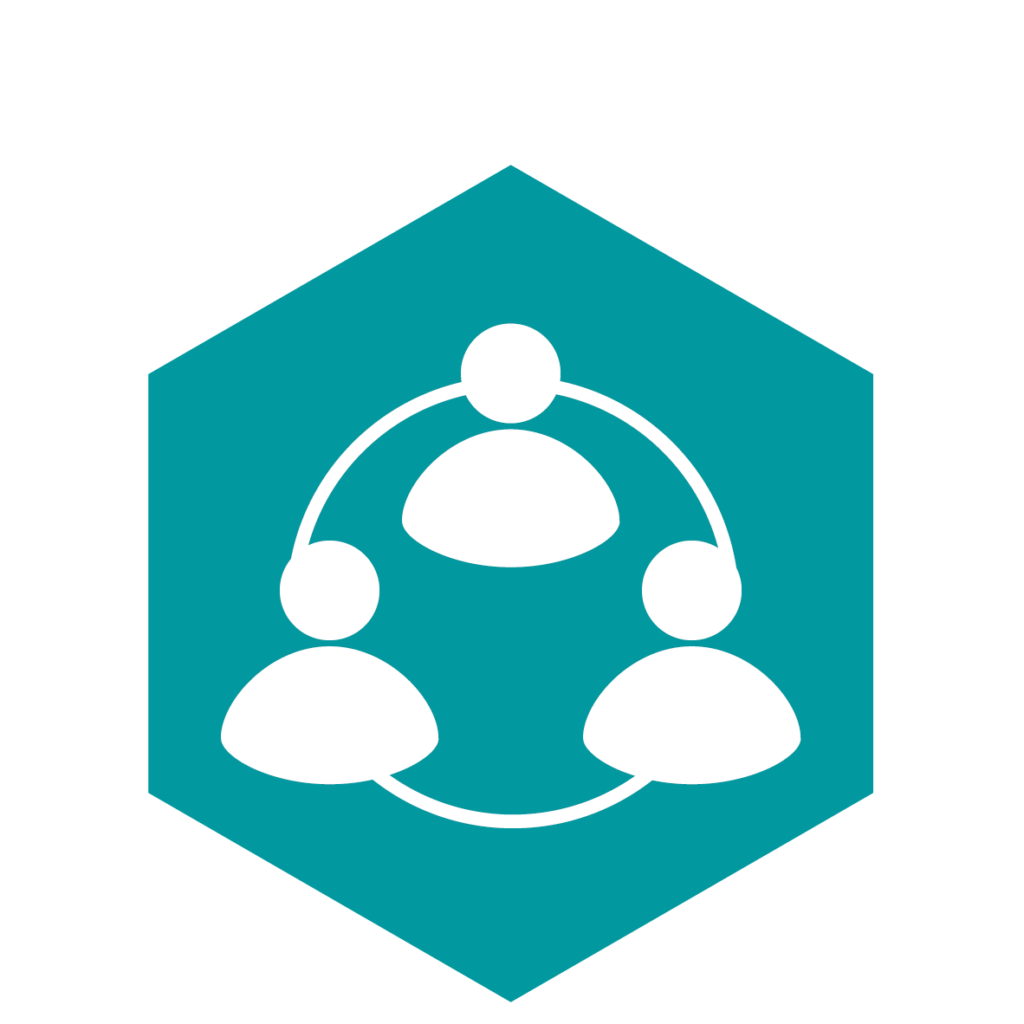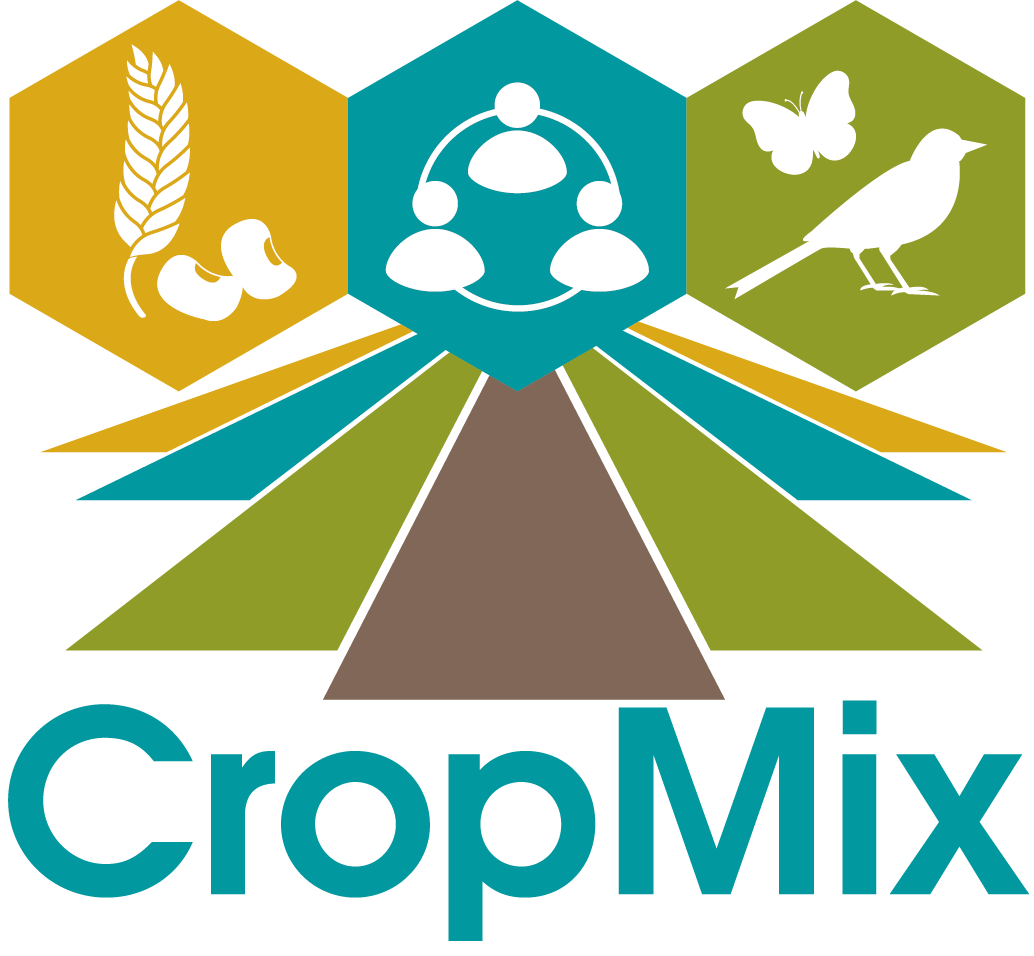Co-creation processes
Learning and interactions between soil, plants, animals and machines in living labs


Researcher
Inez Dekker
PhD candidate
Wageningen University & Research
I myself come from the rural-urban island of Voorne-Putten in the south-west of The Netherlands. In recent years I have been active in the art group Myvillages and worked on various farms in the Netherlands and abroad. As a rural sociologist, I am fascinated and inspired by how humans and more-than-humans (!) act to live a good life in relation to their everyday social-ecological environments. CropMix also has great ambitions and I would like to contribute to achieving these in a good way, with a view to diversity and a good life.
Research project
Project: 3.1.1. Learning and multispecies interactions in living labs aimed at agro-ecological transition
My research project focuses on learning within the living labs of CropMix. Here, the CropMix participants will experiment together to develop ways to ensure a system change towards ecology-based agriculture. Agricultural policies, practices and concepts must move towards an ecology-driven vision based on the symbiotic relationships of multiple species; microbes, soils, crops, animals - including humans. To make the move happen, the socio-ecological systems in which multispecies interact with each other must be recognized and activated. Learning processes can challenge and redefine structures of and relationships within existing systems and potentially support a transition. In my research, learning starts with being aware of the system you are in, redefining barriers for change into opportunities and finding ways to come to collaborative action. Examining such learning activities in CropMix' living labs, my project supports the emergence of diverse pathways for a transition towards agro-ecological systems in the Netherlands.
“Over the past few decades many kinds of scholars have shown that allowing only human protagonists into our stories is not just ordinary human bias. It is a cultural agenda tied to dreams of progress through modernization. There are other ways of making worlds.”
Anna Lowenhaupt Tsing - anthropologist
Related projects
- The role of different societal actors in the transition to a sustainable food system > Camilla Bodewes
- Institutional frameworks for adoption of strip cropping by farmers and realisation of an agro-ecological food system > Daphne Schoop
Results and news
News and results will follow here.
Researchers involved
- Barbara van Mierlo (WUR)
- Cees Leeuwis (WUR)
Related research
Our work packages
This work package focuses on above-ground and below-ground interactions. We look at the interactions between plants, crops, insects and other species living in the field and the differences between strip cropping and monocultures.
Work package 2 looks at the economic feasibility of investments for farmers to switch to more crop-diverse systems, such as strip farming, and what factors influence their willingness to engage in ecologically sound farming.
We want to identify different transition pathways applicable to different situations. Think of farmers with wide strips and long value chains, but also farmers with narrow strips marketing in a short chain. Or perhaps very different cropping systems that use crop diversity, such as agroforestry. We also look at what consumers and other stakeholders think and their role in the transition to more sustainable agriculture.


